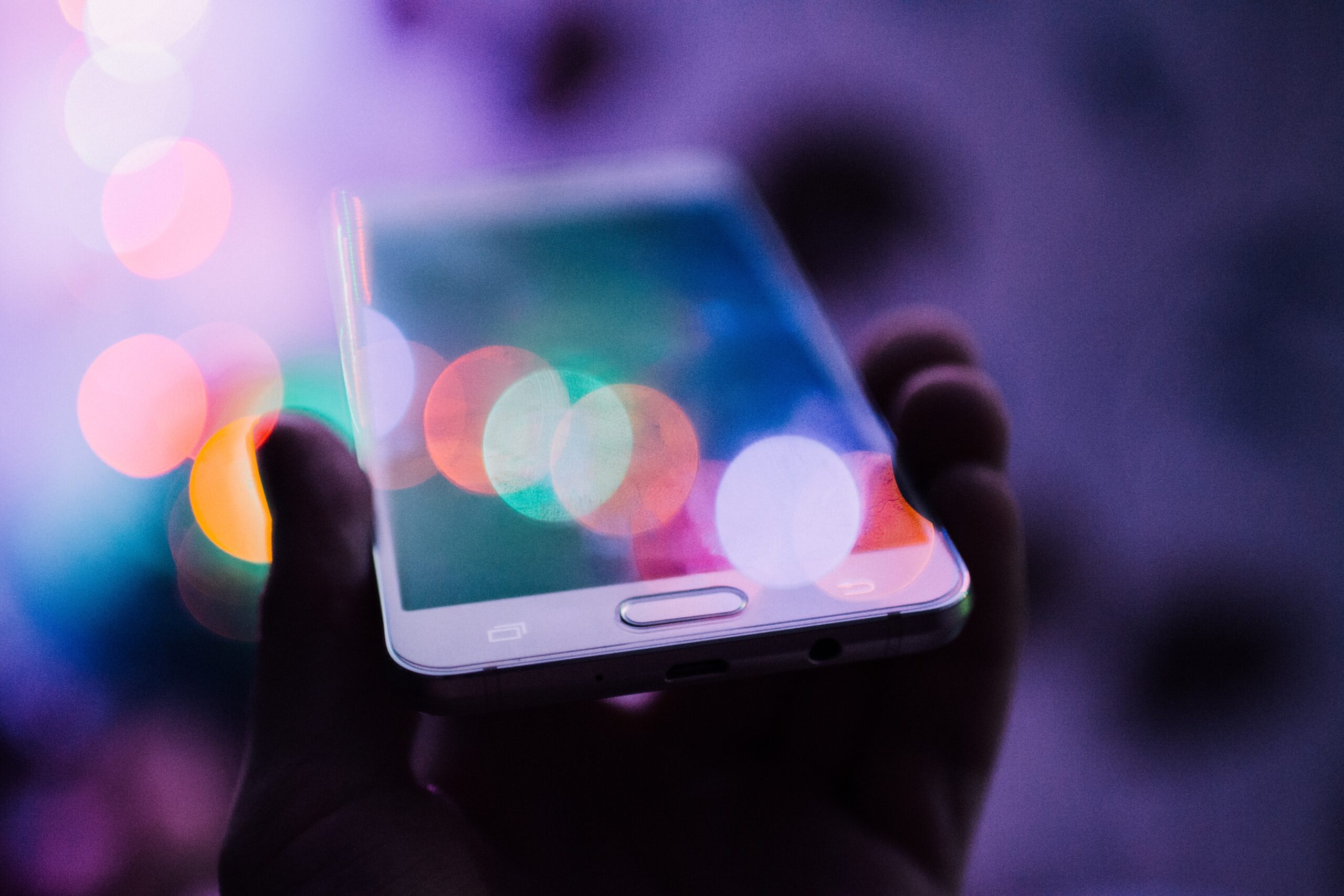By Arham Saeed
The lives of humans have evolved to a place where technology is considered integral to modern life; we are in an era where billions of people can connect through a device smaller than a brick. To put it into perspective, the International Telecommunications Union reported in 2019 that there were 4.154 billion people worldwide who are internet users — out of a total population of 7.743 billion. However, the question arises, does technology amplify our connection with others, or does it reduce it? Certainly, we humans love our devices and the media they contain — but are we better off having them?
In June 2017, many U.S. adults were asked about the greatest improvement in their lives from the past 50 years, and 42% of people answered that it was technology. It is indisputable that technology has changed our lives and impacted industries such as agriculture, healthcare, business, infrastructure, and communication. The versatility of communication via technology is the most crucial factor among these categories since it directly correlates to their growth. Through technology, we can efficiently communicate over long distances and in real-time, which has allowed us to speed up many procedures, explaining the exponential growth many industries have encountered. Moreover, technology has impacted our ability to complete tasks. Being able to compute large amounts of information and having information readily available allows humans to do so much more, and quicker, across numerous fields.
Many neurological studies have yielded results favouring technology, suggesting that it benefits humans. The main process behind technology’s impact on the brain is neuroplasticity, which is when the brain alters its pattern and behaviour based on new experiences and information. For example, social media helps us gain much more exposure to our world and helps us learn what’s happening around us. Through neuroplasticity, our brains use this extensive information discovered to grow and develop further. There are a multitude of benefits to this effect, including increased detail-orientedness, more creativity, and faster decision-making.
Most importantly, we communicate more frequently through technology as it takes less time to text or call a friend than to visit them in person. Our devices are often compact and have a wide range, making them convenient to use, so we can communicate with our family, friends, or colleagues anytime, anywhere. Communication via technology is often the most efficient and convenient way for those 4.154 billion internet users.

However, there’s another side to this story. Many parents, teachers, scientists, and doctors are concerned about the adverse neurological and behavioural effects of technology use. Using devices like smartphones, TVs, tablets, and many more can negatively impact us. Technology is convenient, efficient, and accessible to most people, leading to laziness through fewer in-person interactions and community enrichment experiences. For example, if you needed to find out what an ecosystem was, would you go to the library? Probably not; instead, you’d take out your smartphone, laptop or any other internet device and look it up. Many individuals face an addiction to being online and on their devices. A common example is the gaming addiction many children and some adults experience, where they game for extended periods without breaks.
Furthermore, technology and social media can have physiological and neurological effects, including damaged eyesight and delayed sleep — and then there are the mental health effects, like worrying and overthinking about other people’s experiences (often referred to as FOMO, for Fear Of Missing Out). Many also experience a lack of impulse control and patience due to their familiarity with the devices’ fast speeds.
However, the physiological effects do not occur from radiation (a common misconception); instead, they’re from the irresponsible way we interact with our devices. According to a Survey Camp survey, 33% of teens spend more time with their friends online than in person. When the internet was first introduced, the numbers would have been below 1%, but less in-person social interaction is typical of our times. Between social media, YouTube, online gaming, and music, television, and movie streaming, there are endless possibilities in terms of things to do online, so much so that it can be challenging to stop to see someone physically, in person. However, when we look at all these consequences on our lives and brains, is it worth using technology?
Looking at both sides, there’s no “one answer” as to whether technology makes us more or less connected. Our devices and the platforms they support have grown industries, provided neurological and behavioural benefits and revolutionized communication. Nonetheless, it comes with the cost of an adverse physiological and neurological impact, decreased quality interactions and addictions. Ultimately, technological communication is a necessary and convenient aspect of our lifestyles and society; however, it may harm its users if misused.

Arham says: Hey, I’m Arham! I’m a grade 12 student at Bishop Reding CSS in Milton, ON. My favourite hobby is basketball, and I love Star Wars! I also have a passion for helping my community, which I do in many ways. One example is my involvement with Dare to Be You charity as a Community Youth Council member.
Sources:
Wikipedia. Global internet usage. Url: https://en.wikipedia.org/wiki/Global_Internet_usage (accessed March 30, 2023).
Engler, M. 2019. Does social media make us more or less connected? Morningside Center for Teaching Social Responsibility. Url: https://www.morningsidecenter.org/teachable-moment/lessons/does-social-media-make-us-more-or-less-connected (accessed March 30, 2023).
Pell, D. 2011. Does the internet make you more — or less — connected? NPR. Url: https://www.npr.org/sections/alltechconsidered/2011/08/24/139914259/does-the-internet-make-you-more-or-less-connected (accessed March 30, 2023).
Hiscott, R. 2014. 8 ways tech has completely rewired our brains. Mashable. Url: https://mashable.com/2014/03/14/tech-brains-neuroplasticity/ (accessed March 30, 2023).
Strauss, M. 2020. Four-in-ten Americans credit technology with improving life most in the past 50 years. Pew Research Center. Url: https://www.pewresearch.org/fact-tank/2017/10/12/four-in-ten-americans-credit-technology-with-improving-life-most-in-the-past-50-years/ (accessed March 30, 2023).





